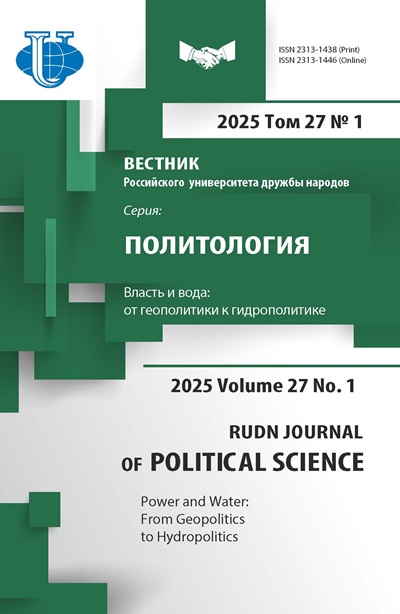Abstract
The study aims to investigate the sources of the Egyptian regime’s legitimacy after the removal of Mohammed Morsi from office in 2013. The ruling elite, in particular President alSisi, has recently shown a growing inclination towards adopting Islam in the political discourse. As a result, there is a need to examine the factors that have contributed to this trend. The central hypothesis of the research is that the government, lacking institutional legitimacy, is compelled to reinforce the Islamic values in political communication to overcome internal political divisions and establish a sense of social connection between the authorities and citizens. To test this hypothesis, the study employs a qualitative content analysis of speeches made by President alSisi to the nation between 2014 and 2023. The analysis identifies four techniques for legitimation (mobilization, national identity consolidation, construction of a common past, and construction of a common future) and examines the functional role of Islam in each of them. The findings of the study suggest that Islamic norms and values are most actively appealed to in segments of texts devoted to national identity consolidation and constructing a common future. Both approaches involve a similar strategy of invoking Islam by associating and transferring attributes within pairs of words (religious context - secular context): nation - the Ummah; state - Islamic world; citizen - a Muslim. By using this rhetorical strategy, the government is shaping a narrative that places the contemporary Egyptian state within a religious and historical framework, as depicted in the Qur’an. This approach is aimed at establishing a set of values that can unite the nation and foster loyalty among citizens towards the government’s vision for Egypt’s future. However, there are almost no semantic sections dedicated to mobilizing citizens in the texts. This can be attributed to a pragmatic effort to steer clear of politicizing the electorate.
















